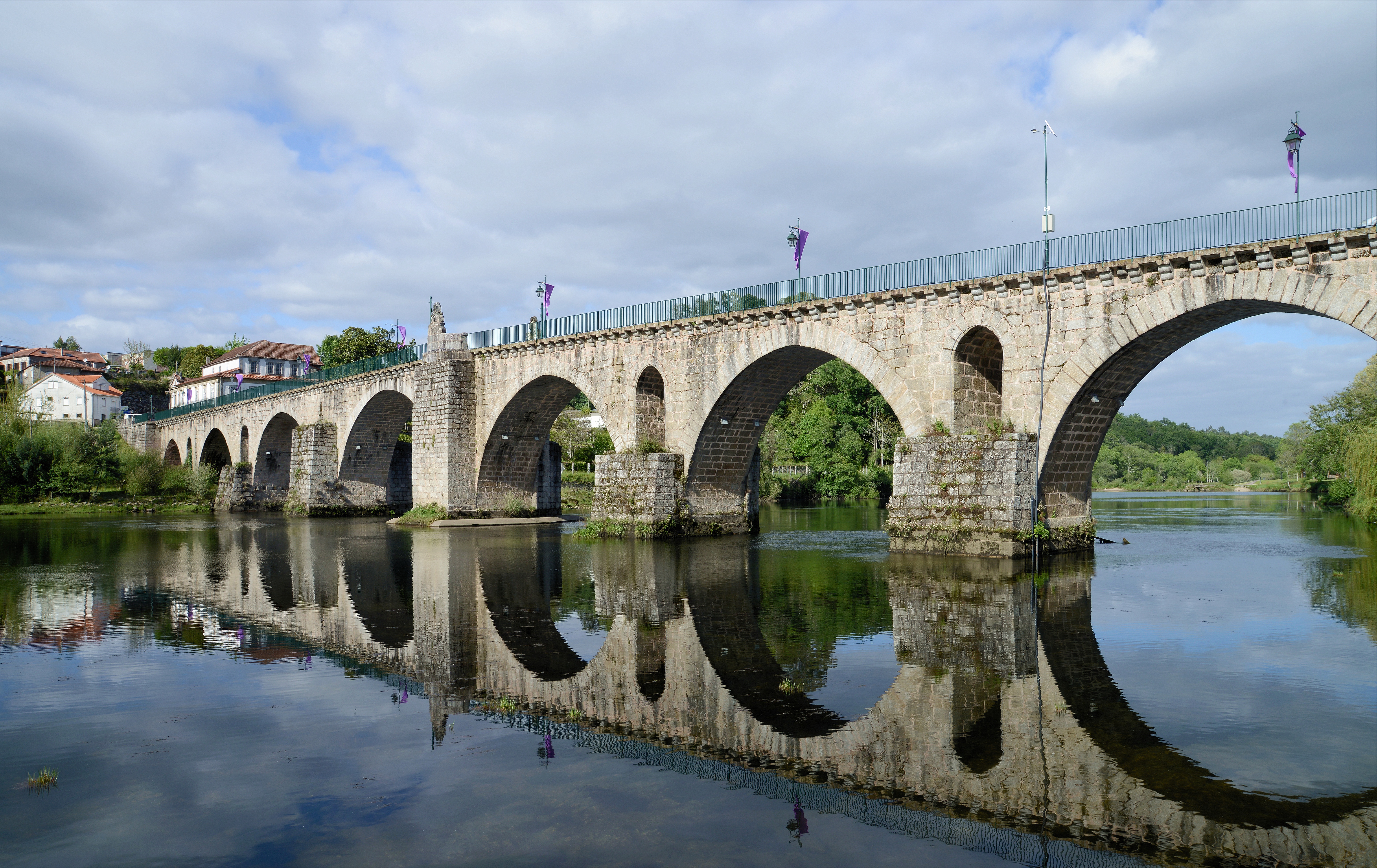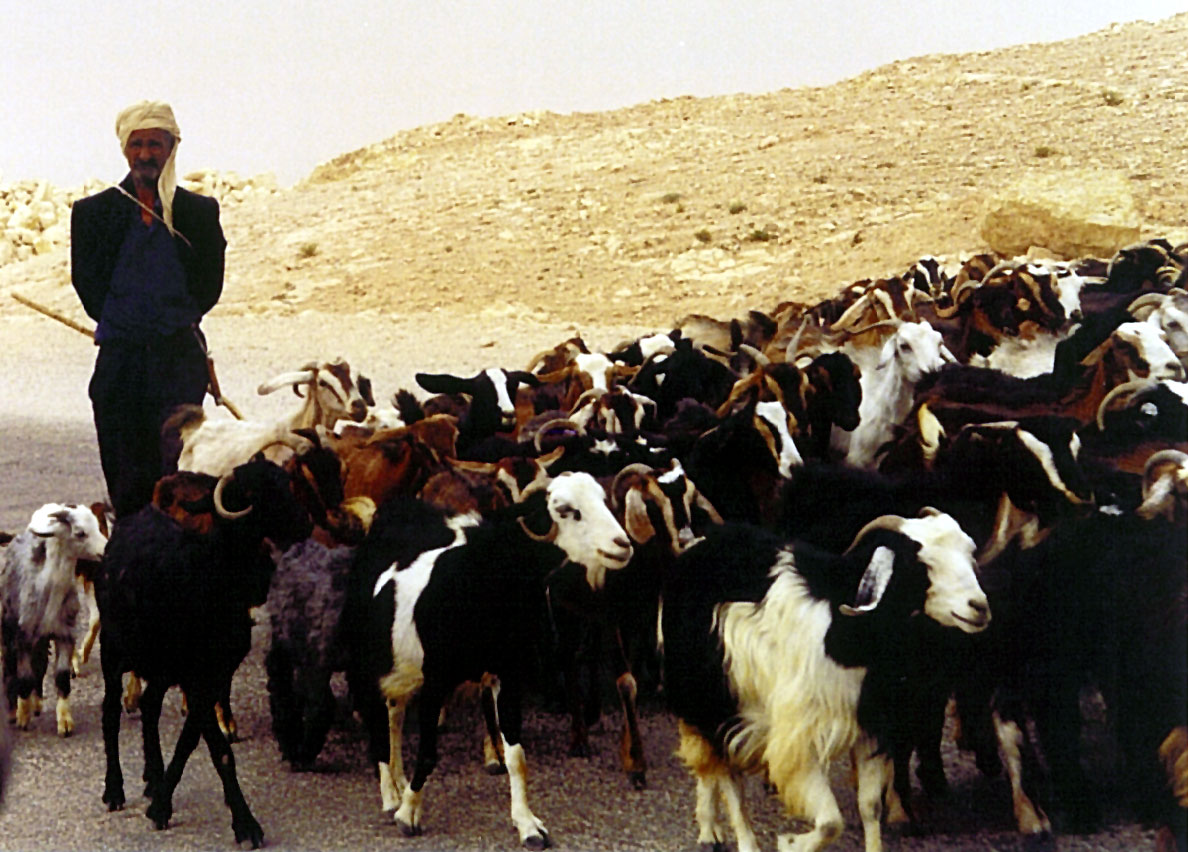|
Arcos De Valdevez
Arcos de Valdevez () is a concelho, municipality along the northern frontier of Portugal and Galicia (Spain), Galicia (Spain). The population in 2011 was 22,847,Instituto Nacional de Estatística in an area of 447.60 km². It is the largest municipality in area of the district of Viana do Castelo (district), Viana do Castelo. History [...More Info...] [...Related Items...] OR: [Wikipedia] [Google] [Baidu] |
Castro Culture
Castro culture ( gl, cultura castrexa, pt, cultura castreja, ast, cultura castriega, es, cultura castreña, meaning "culture of the hillforts") is the archaeological term for the material culture of the northwestern regions of the Iberian Peninsula (present-day northern Portugal together with the Spanish regions of Galicia, Asturias, and western León) from the end of the Bronze Age (c. 9th century BC) until it was subsumed by Roman culture (c. 1st century BC). It is the culture associated with the Gallaecians and Astures. The most notable characteristics of this culture are: its walled oppida and hillforts, known locally as ''castros'', from Latin ''castrum'' 'castle', and the scarcity of visible burial practices, in spite of the frequent depositions of prestige items and goods, swords and other metallic riches in rocky outcrops, rivers and other aquatic contexts since the Atlantic Bronze Age. This cultural area extended east to the Cares river and south into the lower Dour ... [...More Info...] [...Related Items...] OR: [Wikipedia] [Google] [Baidu] |
Ponte Da Barca Municipality
Ponte da Barca (; ) is a municipality in the district of Viana do Castelo in Portugal. The population in 2011 was 12,061, in an area of 182.11 km2. The present Mayor is Augusto Manuel Dos Reis Marinho, elected by the PSD. The municipal holiday is August 24. Climate Ponte da Barca has a Mediterranean climate with oceanic/humid subtropical influences. It has warm to hot summers and mild, very wet winters. Parishes Administratively, the municipality is divided into 17 civil parishes (''freguesias''): * Azias * Boivães * Bravães * Britelo * Crasto, Ruivos e Grovelas * Cuide de Vila Verde * Entre Ambos-os-Rios, Ermida e Germil * Lavradas * Lindoso * Nogueira * Oleiros * Ponte da Barca, Vila Nova da Muía e Paço Vedro de Magalhães * Sampriz * Vade São Pedro * Vade São Tomé * Touvedo (São Lourenço e Salvador) * Vila Chã (São João Baptista e Santiago) Notable people * João Uva (born 1980) a former rugby union footballer * Adérito Esteves Adérito Assunçã ... [...More Info...] [...Related Items...] OR: [Wikipedia] [Google] [Baidu] |
Minho (province)
Minho () was a former province in Portugal, established in 1936 and dissolved in 1976. It consisted of 23 municipalities, with its capital in the city of Braga. Today, the area would include the districts of Braga and Viana do Castelo. Minho has substantial Celtic influences and shares many cultural traits with neighbouring Galicia in Northwestern Spain. The region was part of the Roman Province and early Germanic medieval Kingdom of Gallaecia. Historical remains of Celtic Minho include Briteiros Iron Age Hillfort, the largest Gallaecian native stronghold in the Entre Douro e Minho region, in North Portugal. The University of Minho, founded in 1973, takes its name from the former province. Minho is famous as being the origin of the soup caldo verde and Vinho Verde, a wine particular to the region. Historic cities * Braga (Bracara Augusta) * Guimarães (old Vimaranes). * Viana do Castelo, formerly Viana do Lima. * Barcelos * Fafe See also * Minho River * Gallaecia * ... [...More Info...] [...Related Items...] OR: [Wikipedia] [Google] [Baidu] |
Igreja De Eiras Vista De Pinheiro
"Igreja" ("Church") is a single by Brazilian rock band Titãs, released in 1986, part of their ''Cabeça Dinossauro'' album. Lyrics and composition According to songwriter and then bassist and vocalist Nando Reis, the song was written on the acoustic guitar at his mother's house in the district of Butantã, São Paulo: By the time of the album's release, Reis said: Reception within the band It was one of the last songs to be selected for the album and it stirred controversy among the members themselves - vocalist Arnaldo Antunes, at first, didn't want to record it and would even leave the stage sometimes when the song was performed live. When the members had a meeting at vocalist Branco Mello's apartment to discuss the album's repertoire, vocalist, bassist and saxophonist Paulo Miklos also opposed the song's inclusion, but soon changed his mind as the band performed it live. Antunes, on the other hand, said "the song is against the Church as the institution, but at the ... [...More Info...] [...Related Items...] OR: [Wikipedia] [Google] [Baidu] |
Liberalism In Portugal
Since the beginning of liberalism in Portugal in the 19th century, several parties have, by gaining representation in parliament, continued the liberal ideology in contemporary Portuguese politics. But after the initial fervor of the Liberal Revolution of 1820 and the outcome of the Liberal Wars (1828–1834) during the 19th century, liberalism was relegated to a secondary role in Portuguese politics and government and even outlawed for periods of time. The first fully-fledged liberal party (a political party professing classical liberalism including pro-market, business-friendly economic liberalism, small government and individual freedom as core tenets of its ideology) founded as such to have a seat in the Portuguese Parliament since the end of the First Portuguese Republic (1910–1926), was the Liberal Initiative, in 2019. History 1826 to 1926 From Democratic Group to New Progressive Party *1826: Supporters of the liberal revolution of 1820 establish the Democratic Group ('' ... [...More Info...] [...Related Items...] OR: [Wikipedia] [Google] [Baidu] |
Manuel I Of Portugal
Manuel I (; 31 May 146913 December 1521), known as the Fortunate ( pt, O Venturoso), was King of Portugal from 1495 to 1521. A member of the House of Aviz, Manuel was Duke of Beja and Viseu prior to succeeding his cousin, John II of Portugal, as monarch. Manuel ruled over a period of intensive expansion of the Portuguese Empire owing to the numerous Portuguese discoveries made during his reign. His sponsorship of Vasco da Gama led to the Portuguese discovery of the sea route to India in 1498, resulting in the creation of the Portuguese India Armadas, which guaranteed Portugal's monopoly on the spice trade. Manuel began the Portuguese colonization of the Americas and Portuguese India, and oversaw the establishment of a vast trade empire across Africa and Asia. He was also the first monarch to bear the title: ''By the Grace of God, King of Portugal and the Algarves, this side and beyond the Sea in Africa, Lord of Guinea and the Conquest, Navigation and Commerce in Ethiopia, A ... [...More Info...] [...Related Items...] OR: [Wikipedia] [Google] [Baidu] |
Toponymy
Toponymy, toponymics, or toponomastics is the study of ''toponyms'' (proper names of places, also known as place names and geographic names), including their origins, meanings, usage and types. Toponym is the general term for a proper name of any geographical feature, and full scope of the term also includes proper names of all cosmographical features. In a more specific sense, the term ''toponymy'' refers to an inventory of toponyms, while the discipline researching such names is referred to as ''toponymics'' or ''toponomastics''. Toponymy is a branch of onomastics, the study of proper names of all kinds. A person who studies toponymy is called ''toponymist''. Etymology The term toponymy come from grc, τόπος / , 'place', and / , 'name'. The ''Oxford English Dictionary'' records ''toponymy'' (meaning "place name") first appearing in English in 1876. Since then, ''toponym'' has come to replace the term ''place-name'' in professional discourse among geographers. Toponym ... [...More Info...] [...Related Items...] OR: [Wikipedia] [Google] [Baidu] |
Game (food)
Game or quarry is any wild animal hunted for animal products (primarily meat), for recreation (" sporting"), or for trophies. The species of animals hunted as game varies in different parts of the world and by different local jurisdictions, though most are terrestrial mammals and birds. Fish caught non-commercially (recreational fishing) are also referred to as game fish. By continent and region The range of animal species hunted by humans varies in different parts of the world. This is influenced by climate, faunal diversity, popular taste and locally accepted views about what can or cannot be legitimately hunted. Sometimes a distinction is also made between varieties and breeds of a particular animal, such as wild turkey and domestic turkey. The flesh of the animal, when butchered for consumption, is often described as having a "gamey" flavour. This difference in taste can be attributed to the natural diet of the animal, which usually results in a lower fat content compar ... [...More Info...] [...Related Items...] OR: [Wikipedia] [Google] [Baidu] |
Herding
Herding is the act of bringing individual animals together into a group (herd), maintaining the group, and moving the group from place to place—or any combination of those. Herding can refer either to the process of animals forming herds in the wild, or to human intervention forming herds for some purpose. While the layperson uses the term "herding" to describe this human intervention, most individuals involved in the process term it mustering, "working stock", or droving. Some animals instinctively gather together as a herd. A group of animals fleeing a predator will demonstrate herd behavior for protection; while some predators, such as wolves and dogs have instinctive herding abilities derived from primitive hunting instincts. Instincts in herding dogs and trainability can be measured at noncompetitive herding tests. Dogs exhibiting basic herding instincts can be trained to aid in herding and to compete in herding and stock dog trials. Sperm whales have also been observe ... [...More Info...] [...Related Items...] OR: [Wikipedia] [Google] [Baidu] |


.png)
.jpg)
